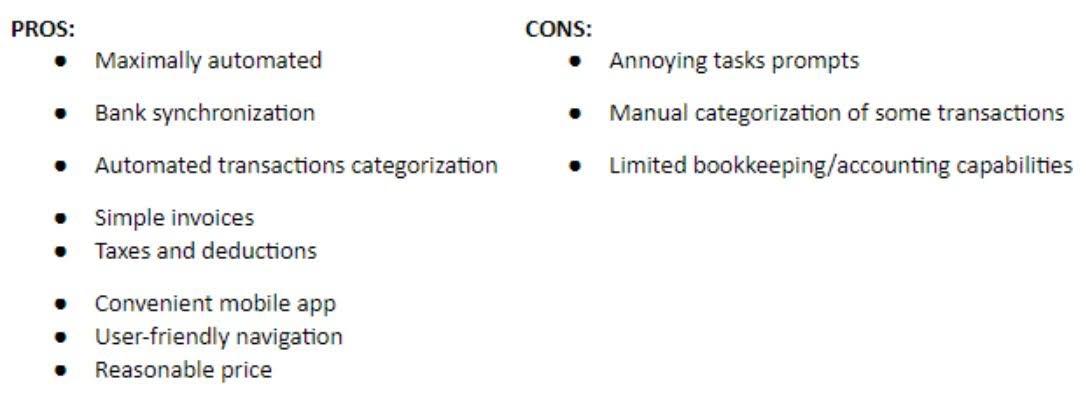Accrual vs Deferral: Understanding Key Accounting Concepts

The purpose of accruals is to match revenues and expenses to the same time period they are earned or incurred, despite the fact that cash will be exchanged in the future. Accrual journal entries are used to recognize transactions related to expenses and revenues that have been incurred or earned but are yet to be paid or received. Suppose we bought supplies in June and paid cash for them at the time of purchase, but did not use them until July.
Financial Accounting 101: Accruals and Deferrals – Accrual Accounting – Made Easy
- Accruals and deferrals are important accounting concepts to familiarize yourself with when running any business.
- Accrual basis accounting is widely accepted as the standard method of accounting.
- Accruals record revenue in the month earned and expenses in the month incurred, regardless of payment status.
- Accrual and deferral accounting methods both play a role in shaping these documents.
- Accrual accounting involves recognizing revenue and expenses when they are incurred, regardless of when the cash is actually received or paid.
These mechanisms play pivotal roles in financial reporting, influencing everything from profit measurement to tax obligations. Let us delve into their definitions before unpacking the intricacies they bring to the ledger. The Wages Expense occurring in July still needs to be recorded, and https://www.yef.co.sz/2020/10/07/accounting-for-influencers-what-content-creators/ the total amount of $2,000 paid out to employees. The liability to the customer is now satisfied and is removed from the Balance Sheet. But fear not, for this article has armed you with knowledge to avoid those pesky mistakes.
What is Deferral Accounting?
- An understanding of how deferral expenses and revenues work is essential for organizations to comply with accounting standards and ensure accurate financial reporting.
- Its accountant records a deferral to push $11,000 of expense recognition into future months, so that recognition of the expense is matched to usage of the facility.
- These adjustments ensure financial statements accurately portray an organization’s financial position and performance.
- In this case the cost is deferred over a number of years, rather than a number of months, as in the insurance example above.
- We would not use an accounts receivable account because nothing would be entered on the books until we received cash.
In accounting, deferrals and accrual are essential in properly matching revenue and expenses. Finally, accruals and deferrals may result in the creation of an asset or a liability depending on their nature. An accrued revenue results in the creation of an asset while an accrued expense result in the creation of a liability.
How do accrual and deferral differ in timing of recognition?
Accruals represent revenues earned or expenses incurred for which the cash has not yet been received or paid. This means the economic activity has taken place, but the corresponding cash transaction will happen at a later date. Accruals ensure that financial statements reflect all economic events of a period. In summary, while accrual accounting provides a more accurate depiction of a company’s financial performance, deferral accounting offers simplicity and focuses on actual cash movements.

In accounting, a deferral refers to the delay in recognition of an accounting transaction. This insight highlights the strategic use of deferral accounting in dynamic financial How to Run Payroll for Restaurants environments. For strategies on managing cash flow, check out Complete Guide to Cash Flow Management Strategies. This knowledge can empower you to make informed decisions that align with your business objectives and financial reporting needs. For a more comprehensive understanding of the accounting equation, you may want to explore Mastering the Accounting Equation for Business Success.

For example, if the company prepares its financial statements in the fourth month after the rent is paid in advance, the company will report a deferred expense of $8,000 ($12,000 – ($1,000 x 4)). Similarly, the rent expense in the income statement will be equal to $4,000 ($1,000 x 4) for only four months. On the other hand, accrued expenses are expenses of a business that the business has already consumed but the business is yet to pay for it.

Accrual accounting recognizes revenue and expenses when they are earned or incurred, providing a more accurate representation of a company’s financial performance and position. It involves the use of accruals and deferrals to adjust for transactions that have not yet been recorded. On the other hand, deferral accounting recognizes revenue and expenses when cash is received or paid, without considering the timing of economic activities. While simpler to implement, it may not provide an accurate difference between accruals and deferrals reflection of a company’s financial performance. Understanding the attributes of accrual and deferral accounting is essential for businesses to choose the most appropriate method for their financial reporting needs.

An example of an accrual would be the accrued salary expense of an employee for a given month, even though the payment hasn’t been made yet. Grouch provides services to the local government under a contract that only allows it to bill the government at the end of a three-month project. In the first month, Grouch generates $4,000 of billable services, for which it can accrue revenue in that month. For instance, if you plan to deliver a service worth $300 over three months in equal increments, you would divide the purchase amount up into thirds and record ⅓ of the purchase price ($100) in each pay period. A deferral refers to the act of delaying the recognition of a transaction until a future date.

